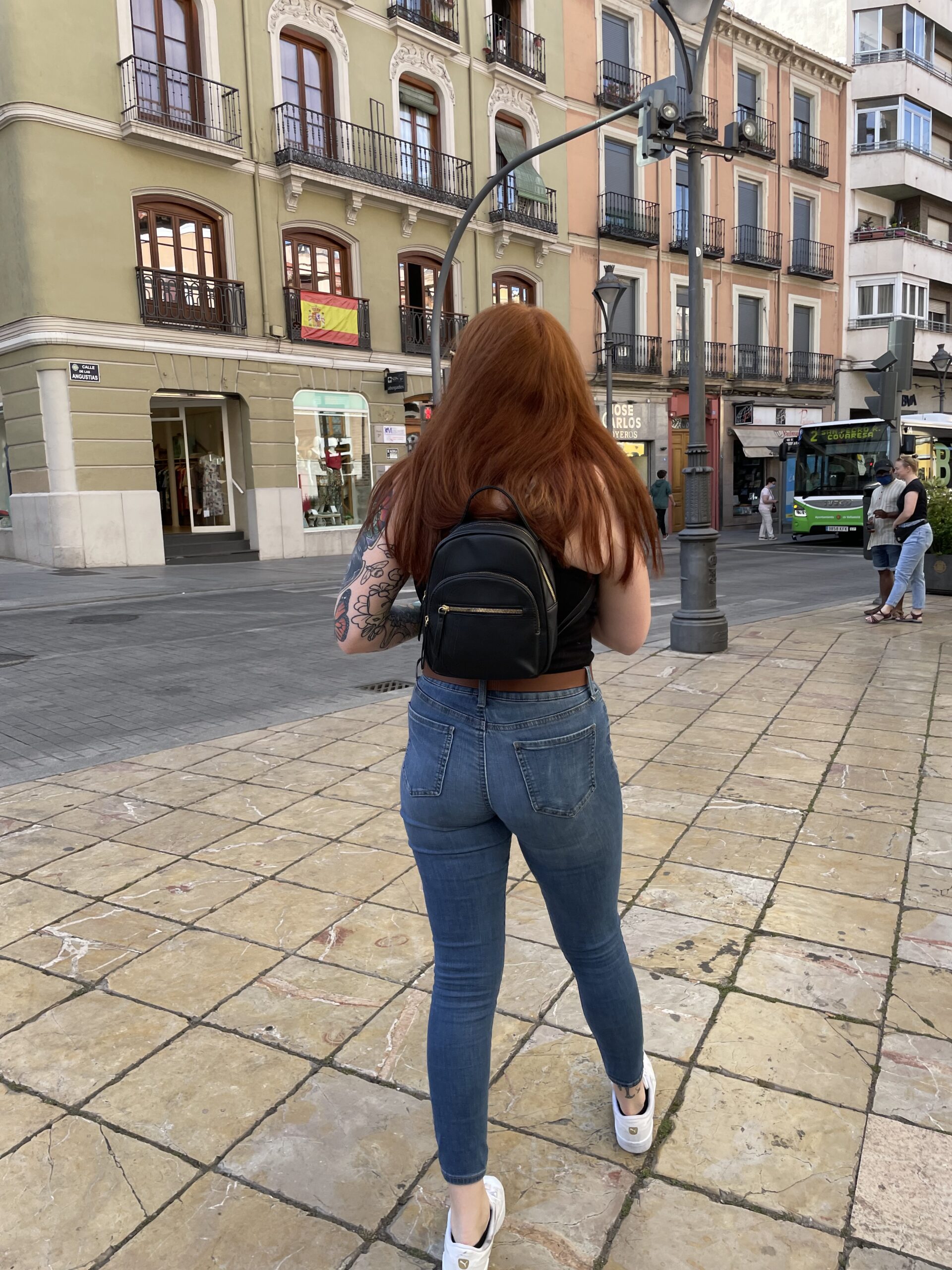
Personal Problem-Solving
This week, I’d like to talk about critical thinking and problem solving in the context of studying in a country I’ve never been to with a language I don’t often get to practice in day-to-day life back home. There are many things about life in general that are different from what I am used to. Some examples include: door-locking mechanisms, availability of public facilities, wall plug-ins, window coverings, doing laundry, in-home cooling, traveling in the city efficiently, and hours of operation at businesses. These are just a few seemingly small differences in day to day life that can add up overtime and cause some frustrations. In my two weeks abroad so far, my problem solving abilities have definitely been put to the test.
Upon arrival in Barcelona I learned quickly that public facilities are not as available here as in the United States. I learned to drink water sparingly and use the restroom not just when I had to go, but when a bathroom was available, clean, and free to use. As simple and silly as that sounds, it becomes quite bothersome and uncomfortable for someone like me; who is used to having public restrooms nearby and readily available at all times. A few other seemingly mundane differences are in public transportation and electrical outlets. In Springfield, Missouri it is uncommon to take public transit because we all drive our own personal vehicles. Here, in Spain, I have travelled all over the country via subway, bus, taxi, train, and on foot. While it is convenient to not need a car, it makes for a bigger challenge of time management. If I’m going to make it on-time to my next excursion, I most likely need to catch multiple forms of transit to arrive. As for the electrical outlets, they are different kinds of plugs you need to be able to use the outlets. Additionally, the voltage output is much higher here than in the United States. Some of the outlets are too large for the adapter plug that you bring, and some things such as small appliances like electric toothbrushes can’t be plugged in or they will experience a power surge and fry out. These experiences combined have taught me flexibility, logistics, time management, and adaptability.
Now that I have stayed a week with my host family or ‘familia de acogida’ in Valladolid, Spain, I have learned even more about problem solving. Here, I have come across issues of door locks, window coverings, in-home cooling, and hours of operation. These are more domestic differences when it comes to living in a Spanish home with a Spanish family. In the apartments I live in, my roommate and I have had issues with getting doors to lock and unlock when we need them to. The locking mechanisms are seemingly more advanced than what we use in the states. It has been a lot of daily trial and error relearning how to properly use doors. Another silly struggle was working the windows along with trying to properly cool our living space. In Spain, they have exterior window coverings which are called ‘persianes’ and are operated from the interior space. It has a pulley system which I had to learn because it is not like pulleys I am used to. I also live on the fourth floor of an apartment style building, so as you can imagine, it gets hot. My familia de acogida doesn’t use air conditioning because of the extremely high costs of energy usage. This has pushed me to learn how to more naturally heat or cool my room based on the time of day.
The last cultural difference that has pushed me to think more critically is a break that a lot of Spaniards take during the day called, “siesta” which translates directly to nap or break. This happens around 1pm to 5pm, depending on the business, and things close down and people typically come home to eat, rest, and spend time with their families. I noticed that bigger cities like Barcelona are less affected by the siesta, but in Valladolid, I have learned to plan around siesta to get things done or go out for supplies. As an American conforming to Spanish culture, I have learned it is best to participate in siesta. After all, who doesn’t want to take an afternoon nap?

